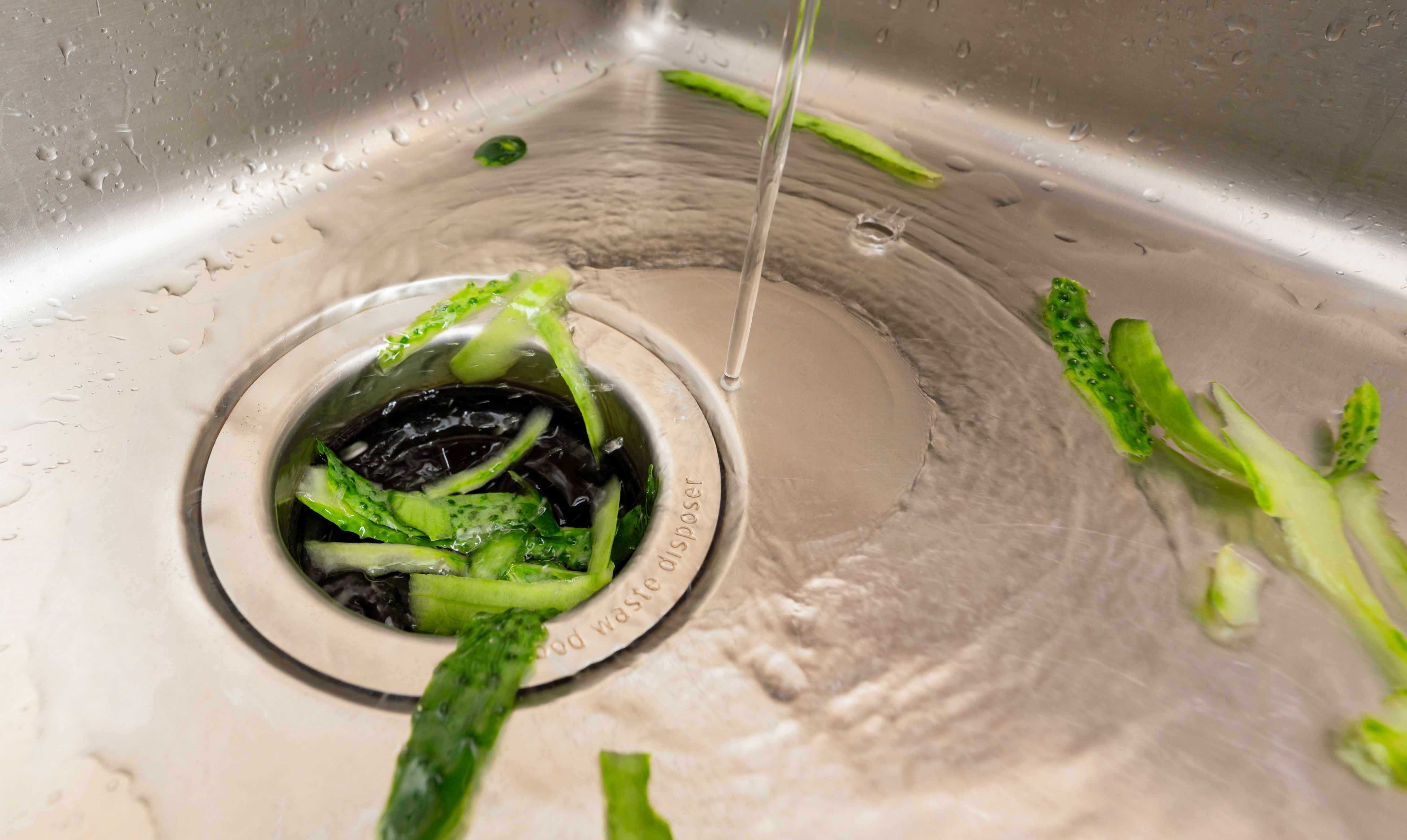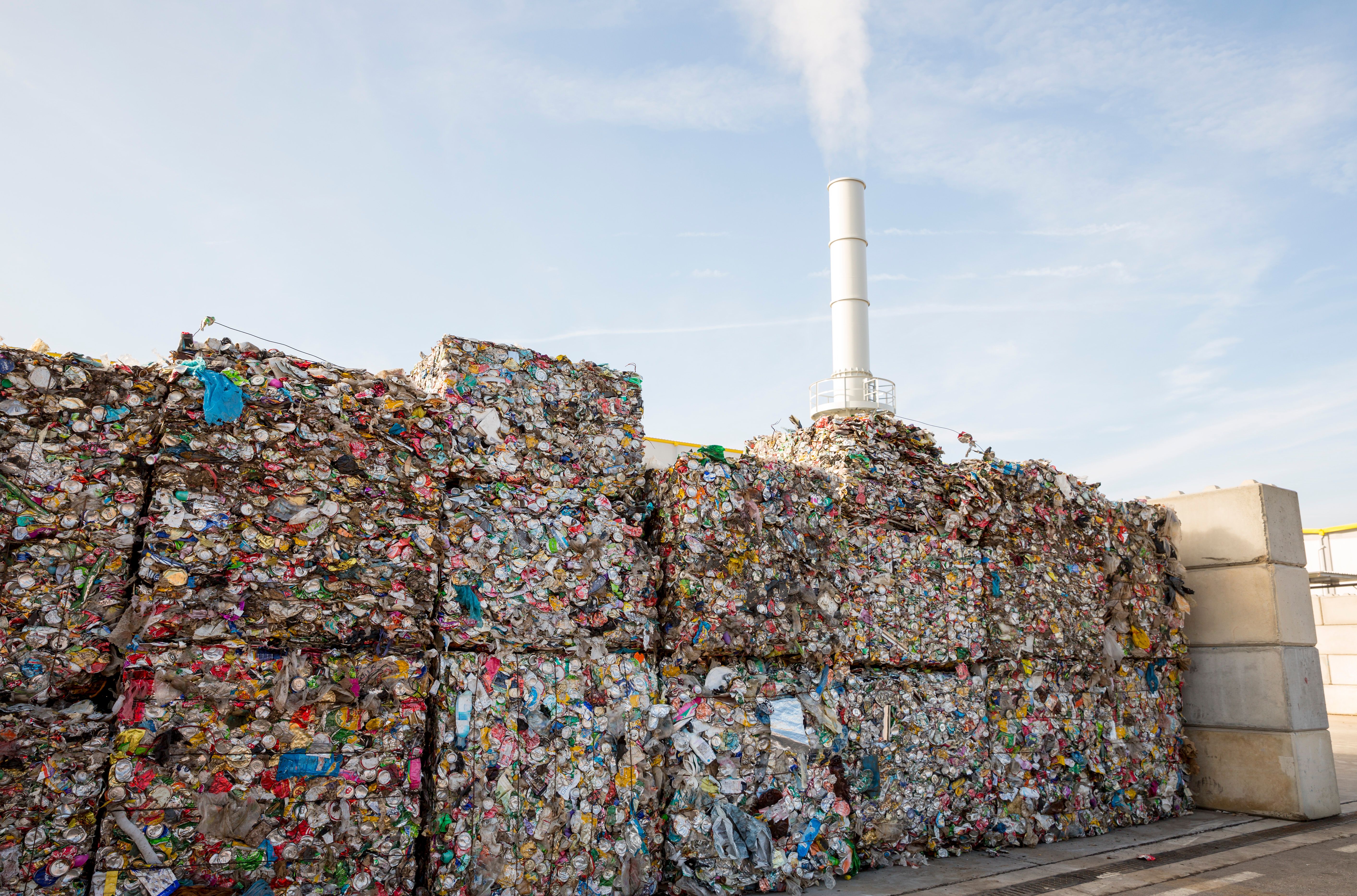Efficient Waste Removal: Keeping Your Space Clean and Green
Understanding the Importance of Efficient Waste Removal
In today's fast-paced world, maintaining a clean and green environment is more important than ever. Efficient waste removal is a crucial part of this equation, ensuring that our spaces remain tidy and sustainable. Proper waste management not only contributes to environmental conservation but also promotes health and safety.
Without effective waste removal strategies, harmful pollutants can contaminate soil, water, and air, affecting both ecosystems and human health. By adopting efficient waste removal practices, we can minimize these risks and contribute to a cleaner, healthier planet.

Methods of Efficient Waste Removal
Recycling and Reuse
Recycling is one of the most effective ways to manage waste. By separating recyclable materials from general waste, we can significantly reduce the volume of garbage destined for landfills. Common recyclable materials include paper, glass, plastic, and metals.
Another approach is the reuse of items. Before disposing of household goods, consider whether they can be used for another purpose or donated to someone in need. This not only reduces waste but also conserves resources by extending the life of products.

Composting Organic Waste
Composting is an excellent method for managing organic waste such as food scraps and yard debris. This process transforms organic materials into nutrient-rich compost that can be used to enrich soil in gardens and landscaping projects. Composting not only reduces the amount of waste sent to landfills but also enhances soil health.
Starting a compost bin at home is a simple and effective way to participate in efficient waste removal. By understanding what materials can be composted, such as fruit peels and coffee grounds, you can make a positive impact on your environment.

Leveraging Technology in Waste Management
Smart Waste Collection Systems
Technological advancements have revolutionized waste management, making it more efficient and sustainable. Smart waste collection systems use sensors to monitor waste levels in bins, optimizing collection schedules and reducing fuel consumption.
These systems not only improve the efficiency of waste collection but also minimize the environmental footprint associated with transportation. Implementing smart waste solutions can lead to significant cost savings and environmental benefits.
Innovative Waste-to-Energy Solutions
Another technological advancement in waste management is the development of waste-to-energy solutions. These processes convert non-recyclable waste into energy through combustion or other methods, providing a renewable source of power while reducing landfill usage.
By embracing waste-to-energy technologies, communities can achieve a more sustainable balance between waste generation and energy consumption. This approach not only mitigates environmental impact but also supports energy independence.

